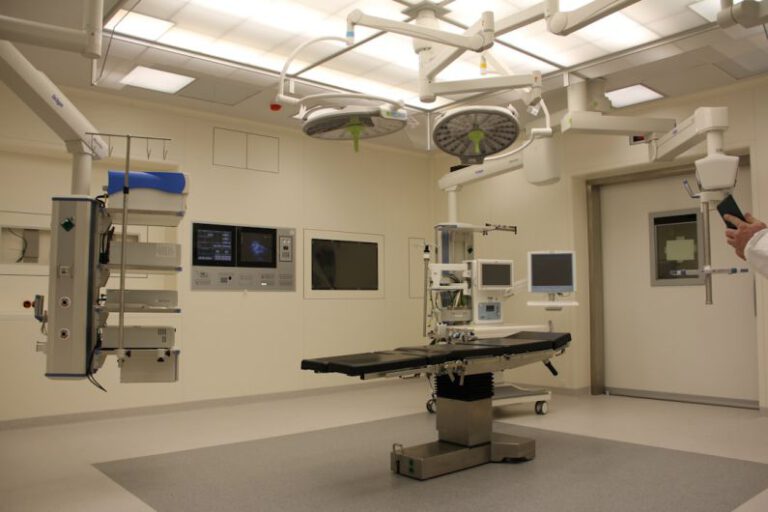Gene Editing: the Path to Curing Genetic Diseases
In the ever-evolving landscape of medical advancements, gene editing has emerged as a groundbreaking technology with the potential to revolutionize the treatment of genetic diseases. With the ability to precisely modify the genetic code of living organisms, gene editing offers a promising pathway towards curing inherited disorders that have plagued individuals for generations. This transformative technology holds the key to correcting genetic mutations at their root, providing hope for millions of people worldwide who are affected by genetic conditions.
Understanding Gene Editing
At the core of gene editing lies the manipulation of DNA sequences within an organism’s genome. This process involves making targeted changes to specific genes, either by adding, removing, or altering their genetic material. One of the most widely used gene editing tools is CRISPR-Cas9, a revolutionary technology that acts as molecular scissors to cut and modify DNA with unprecedented precision. By harnessing the power of CRISPR-Cas9 and other gene editing techniques, scientists can edit genes responsible for genetic diseases, offering new possibilities for treatment and potential cures.
Targeting Genetic Diseases
Genetic diseases are caused by mutations in an individual’s DNA that disrupt normal cellular functions, leading to a wide range of health issues. These disorders can be inherited from one or both parents and often manifest early in life, affecting various organs and systems within the body. Gene editing provides a targeted approach to address the underlying genetic mutations responsible for these diseases, offering a potential cure by correcting the genetic errors at the molecular level. By precisely editing the defective genes, researchers aim to restore normal function and eliminate the root cause of genetic disorders, paving the way for effective treatments and long-lasting solutions.
Advancements in Precision Medicine
The advent of gene editing has ushered in a new era of precision medicine, where treatments are tailored to an individual’s genetic makeup. By customizing therapies based on a patient’s unique genetic profile, healthcare providers can deliver more effective and personalized care, particularly for individuals with genetic diseases. Gene editing allows for the development of targeted therapies that address the specific genetic mutations driving a patient’s condition, offering the potential for precise and long-lasting results. As scientists continue to refine gene editing techniques and expand their applications, the field of precision medicine is poised to revolutionize healthcare by providing innovative solutions for genetic disorders.
Ethical Considerations and Challenges
While gene editing holds great promise for curing genetic diseases, it also raises ethical considerations and challenges that must be carefully navigated. The ability to manipulate the genetic code of living organisms raises questions about the potential consequences of altering human DNA, including concerns about unintended genetic changes and the implications for future generations. Additionally, the accessibility and affordability of gene editing technologies pose challenges in ensuring equitable access to these groundbreaking treatments for individuals from diverse socioeconomic backgrounds. As researchers and policymakers grapple with these ethical dilemmas, it is essential to establish clear guidelines and regulations to govern the responsible use of gene editing in healthcare.
The Future of Gene Editing
As research in gene editing continues to advance, the future holds immense potential for curing genetic diseases and transforming the landscape of healthcare. With ongoing developments in gene editing techniques and a growing understanding of the human genome, scientists are uncovering new possibilities for treating a wide range of genetic disorders. From rare inherited conditions to more common diseases, gene editing offers a promising avenue for developing targeted therapies that address the underlying genetic causes of illness. As the field of gene editing evolves, it is essential to prioritize ethical considerations, promote equitable access to treatments, and continue to push the boundaries of scientific innovation in the quest to cure genetic diseases.
In conclusion, gene editing represents a powerful tool in the fight against genetic diseases, offering hope for individuals and families affected by these conditions. By targeting the root cause of genetic mutations and developing precise therapies, gene editing has the potential to revolutionize healthcare and provide effective treatments for a wide range of genetic disorders. As researchers harness the capabilities of gene editing technologies and navigate ethical considerations, the path to curing genetic diseases becomes clearer, offering new possibilities for a healthier and more equitable future.






